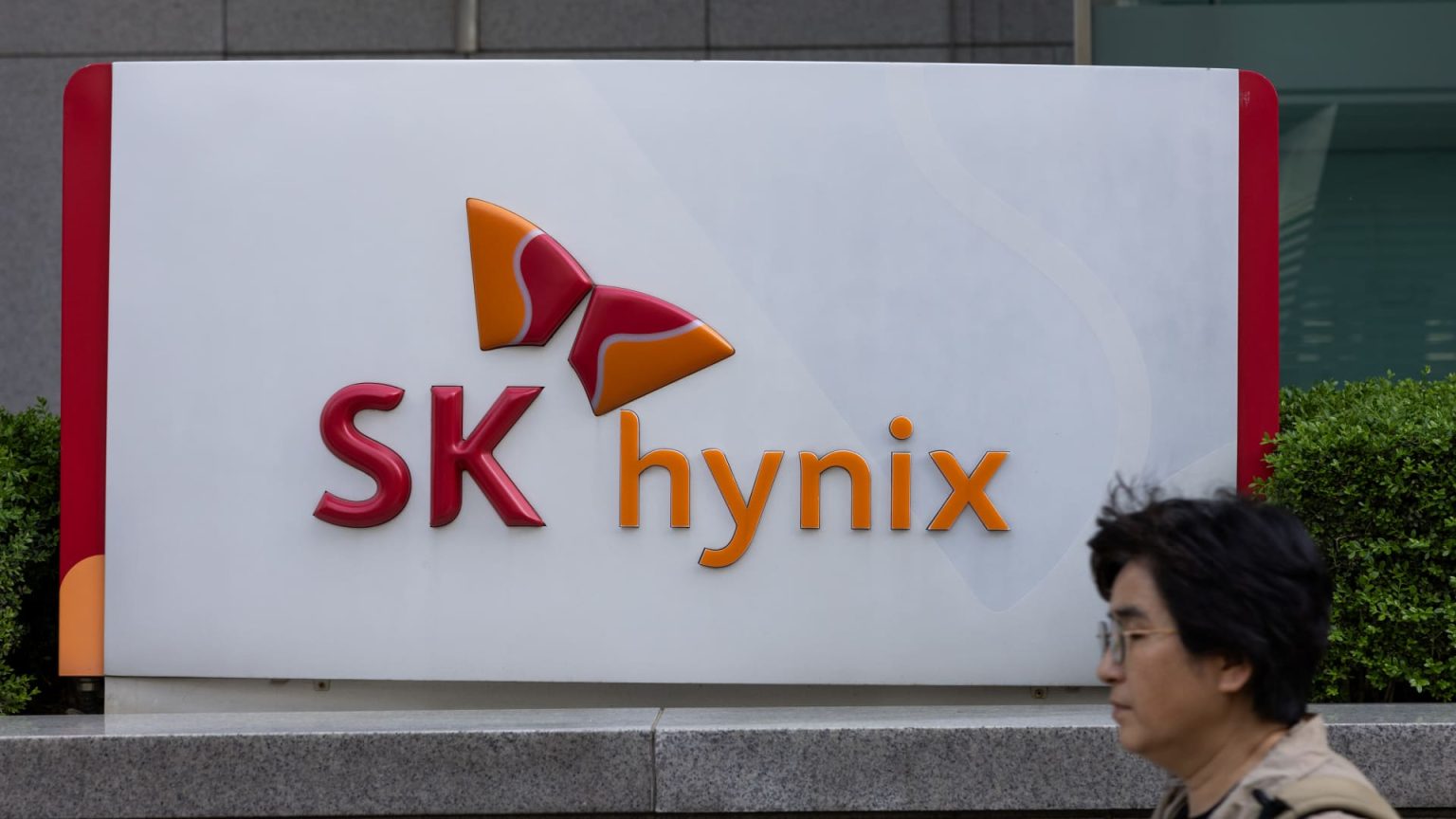SK Hynix, a South Korean memory chipmaker, reported a net profit of 1.92 trillion South Korean won in the first quarter, marking the first positive income since the third quarter of 2022. This reversal of fortunes comes after five consecutive quarters of net losses due to a slump in the memory chip market. Revenue for the first quarter was reported at 12.43 trillion won, a significant increase of 144% from the previous year, the highest since the second quarter of 2022. The strong performance was attributed to increased sales of AI server products and efforts to drive profitability.
The demand for AI chipsets has significantly boosted the high-end memory chip market, benefiting players like SK Hynix and Samsung Electronics. Large language models such as ChatGPT, which have caused AI adoption to skyrocket, require high-performance memory chips to remember past conversations and user preferences. SK Hynix plans to increase supply of HBM3E, the latest generation of high-bandwidth memory, and introduce 32GB Double Data Rate 5 products to strengthen its position in the high-capacity server DRAM market. The firm aims to improve financial results by providing top-performing products at the right time while focusing on profitability.
Despite the pandemic-induced surge in memory chip demand for consumer electronics, macroeconomic uncertainties like inflation led to a decrease in consumer purchases of such goods, affecting demand and prices for memory chips. In response, companies like SK Hynix reduced production to address excess inventories. However, the firm remains optimistic about the steady growth of the memory market in the coming months, driven by rising demand for AI memory alongside a recovery in the conventional DRAM market starting from the second half of 2024. SK Hynix shares slid by over 4% on Thursday morning, despite having more than doubled in value over the previous year.
In order to capture the increasing demand for AI chips, SK Hynix has made announcements regarding its plans to build a new fab in South Korea. Set to be completed by November 2025, this facility will focus on increasing production of next-generation DRAM, including HBM. Total investment in the long term is estimated to exceed 20 trillion won. Additionally, the company is collaborating with TSMC, the world’s largest contract chip manufacturer, to manufacture high-bandwidth memory 4 chips and next-generation packaging technology. Mass production of the HBM4 chips is expected to commence in 2026, leveraging TSMC’s advanced processes. These strategic moves are aimed at meeting the growing demand for AI chips and maintaining SK Hynix’s position in the competitive memory chip market.













